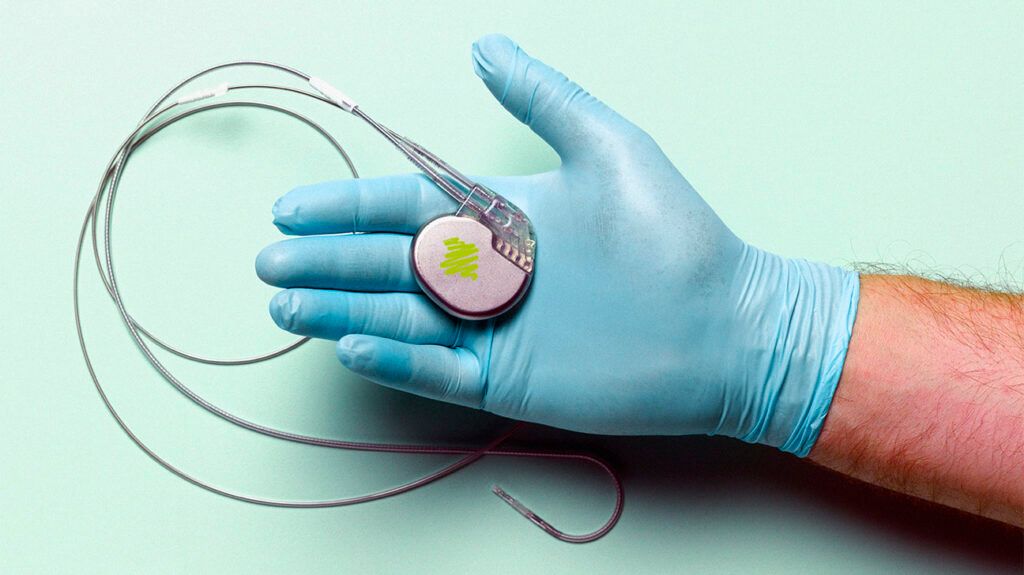Heart failure is when the heart does not pump enough blood around the body. Biventricular heart failure is when chambers on both sides of the heart, known as ventricles, are affected.
Doctors classify heart failure based on the area of the heart that is not working as usual. This includes the left ventricle, right ventricle, or both ventricles. The type of heart failure will determine the type of treatment doctors recommend.
This article looks at what biventricular heart failure is, its symptoms, causes, diagnosis, treatment, and life expectancy.

Biventricular heart failure affects both the left and right sides of the heart. Specifically, it affects the left and right ventricles, which are chambers in the lower half of the heart. Their job is to forcefully pump blood to the rest of the body.
Biventricular heart failure
Once damage occurs on both sides, a person experiences biventricular heart failure.
Biventricular heart failure
- shortness of breath
- cough
- fatigue
- heart palpitations
- swollen abdomen
- swollen scrotum, in males
- fluid build up in the legs, around organs, or the abdomen
In severe cases, heart failure also causes low blood pressure, a rapid heartbeat, and reduced blood flow.
- long-term (chronic) high blood pressure
- coronary artery disease (CAD)
- a heart attack
However, some other heart or lung-related health conditions may lead to right sided heart failure, alone or in combination with left sided heart failure.
For example, right sided heart failure can occur due to conditions that increase pressure or fluid volume, or that decrease blood filling of the ventricle. These conditions include:
- pneumonia
- pulmonary embolism
- certain lung diseases, such as chronic obstructive pulmonary disease (COPD)
- congenital heart conditions
- cardiomyopathy
Doctors diagnose biventricular heart failure by first asking about a person’s symptoms and medical history. They may then recommend blood tests, such as:
- complete blood count
- comprehensive metabolic panel for serum electrolyte levels
- fasting lipid profile
- brain natriuretic peptide test
- thyroid-stimulating hormone
They may also order urine analysis and tests to assess the heart’s function, such as:
- electrocardiography
- echocardiography
- cardiac MRI
- cardiac catheterization with coronary angiography
At present, there is no cure for heart failure. However, there are steps a person can take to manage their condition. These include medications, procedures, or lifestyle changes.
Doctors may need to determine the underlying cause of heart failure to recommend the most suitable treatment. The medications that
- diuretics and aldosterone antagonists to remove extra sodium and fluid from the body
- angiotensin converting enzyme (ACE) inhibitors and angiotensin receptor blockers (ARBs) to relax blood vessels
- beta-blockers to slow heart rate
- newer medications, such as sodium-glucose cotransporter-2 (SGLT2) inhibitors and glucagon-like peptide (GLP) agonists, that may reduce heart failure hospitalizations; however, researchers are currently studying their efficacy
- digoxin to make the heart beat stronger and pump more blood, if other medications do not help ease symptoms
Some people may also need medications for arrhythmia or blood thinning drugs. In severe cases, people may also need medical procedures, such as:
- a biventricular pacemaker to help both sides of the heart contract at the right time
- a mechanical heart pump (ventricular assist device) as a temporary measure before a person can have surgery
- implantable cardioverter defibrillator to monitor heart rhythm and treat dangerous arrhythmias
Lifestyle changes may also help improve outcomes and keep the heart healthier for longer. This includes:
- limiting salt consumption
- avoiding alcohol, if you drink
- quitting smoking or nicotine use, if applicable
- reaching a moderate weight
- getting regular exercise
- getting enough sleep
- managing stress
Heart failure is a serious condition. Because biventricular heart failure is often the result of advanced heart failure that originally began on the left side, it does affect life expectancy.
The exact outlook will depend on the severity of the symptoms and whether a person responds to treatment.
According to
Biventricular heart failure affects both the left and right sides of the heart. It is often the result of left sided heart failure that progresses to affect the right side over time.
Symptoms of biventricular heart failure may include shortness of breath, tiredness, or fluid build up in the legs and abdomen. Some common causes include CAD and chronic high blood pressure. However, any condition or situation that raises pressure on the heart can result in heart failure.
Conditions that decrease how much the ventricles fill with blood, such as congenital heart defects, could also result in biventricular heart failure.
Treatments can help the heart pump blood more effectively, reduce pressure on the heart, and manage the symptoms. Treatments may include medications, lifestyle changes, and, in some cases, medical procedures, such as fitting a pacemaker.
